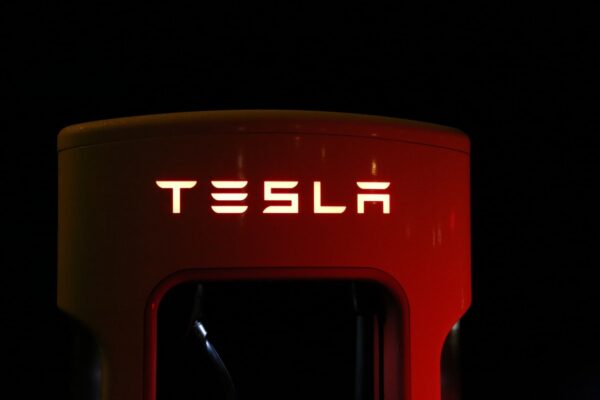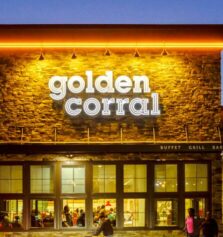Tesla’s California plant is allegedly plagued by a racially discriminatory work environment, one where Black employees have been called porch monkeys and the N-word by co-workers, according to a lawsuit filed on Feb. 9. The lawsuit accused the company of “rampant racism.”

The lawsuit, filed by the California Department of Fair Employment and Housing, alleges that Black employees have told their supervisors about the name calling for quite some time. “Segregation at the Fremont factory, along with the absence of Black and/or African Americans in leadership roles, has left many complaints of rampant racism unchecked for years,” according to the complaint.
Instead of addressing the issue, the electric car giant has turned “a blind eye to years of complaints from Black workers who protest commonplace use of racial slurs on the assembly line,” according to the lawsuit.
“They have complained that swastikas, KKK, the n-word, and other racist writing are etched onto walls of restrooms, restroom stalls, lunch tables, and even factory machinery. They have complained that Black and/or African American workers are assigned to more physically demanding posts and the lowest-level contract roles, paid less, and more often terminated from employment than other workers.”
The lawsuit comes after an almost three-year investigation into the working conditions at Tesla’s plant in Fremont, California, DFEH said. The facility is 5.3 million square feet, and it sits on 370 acres. Tesla, founded in 2003, spent much of its existence in California, but is now relocating its headquarters to Texas.
Tesla employs roughly 99,290 workers globally. The company employs about 36,200 at the Fremont factory, court documents state. Tesla, the world’s largest electric vehicle maker, reported $53.8 billion in revenue last year.
In the lawsuit, California officials said Black workers are relegated to the lowest-rung jobs. The facility has no Black people in executive or manager roles, but Blacks make up 20 percent of the manual labor jobs like machine assembler or engine assembler, the lawsuit alleges.
Tesla called the California DFEH’s claims “misguided” in a lengthy statement posted on the company’s website one day before the lawsuit was filed. Tesla said it has always disciplined or fired employees who have used racial slurs. The lawsuit isn’t based on facts and is instead “focused on alleged misconduct by production associates at the Fremont factory that took place between 2015 and 2019,” Tesla said.
“The Fremont factory has a majority-minority workforce and provides the best paying jobs in the automotive industry for over 30,000 Californians,” according to Tesla’s statement.
Tesla attorneys plan to ask a California judge to pause, or stay, the court case so “that facts and evidence will be heard,” the statement reads. That move is a smokescreen, Pasadena labor attorney Jonathan LaCour, told Finurah. LaCour is not involved in the lawsuit.
“They are asking for a stay on the case so that no discovery can be performed,” LaCour said. “It’s a strategic move from the defendants to dismiss the case and prevent and exclude any evidence from seeing the light of day. It’s a sophisticated strategy by the defense, but it signals that they have something to hide.”
The DFEH lawsuit is the latest among a list of discrimination cases Tesla has faced in recent years. Black employees have complained about racist working conditions at Tesla dating back to a decade ago, the agency said.
Former Tesla employee Marcus Vaughn filed a lawsuit in 2017, alleging the company did nothing after he was called the N-word while at work. The case is ongoing. Two former Tesla employees, Owen Diaz and his son Demetric, filed a similar lawsuit and they were awarded $137 million in damages last October.
Former employee Melvin Berry also sued Tesla and later won a roughly $1 million payout in damages last spring.
The judgments awarded to Berry and Diaz suggest that DFEH might have the legal standing and precedent needed to pose heavy fines against Tesla, said Beverly Hills civil rights attorney Stephen King. The agency might also be able to force Tesla to update its hiring and promotion policies so more people of color can land upper management jobs, King said.
“Segregation in the workplace is a gross injustice and any culture of discrimination poisons the workforce,” he said. “Tesla cannot ignore these claims, because discrimination is a problem that festers into the culture of how employees are treated.”




